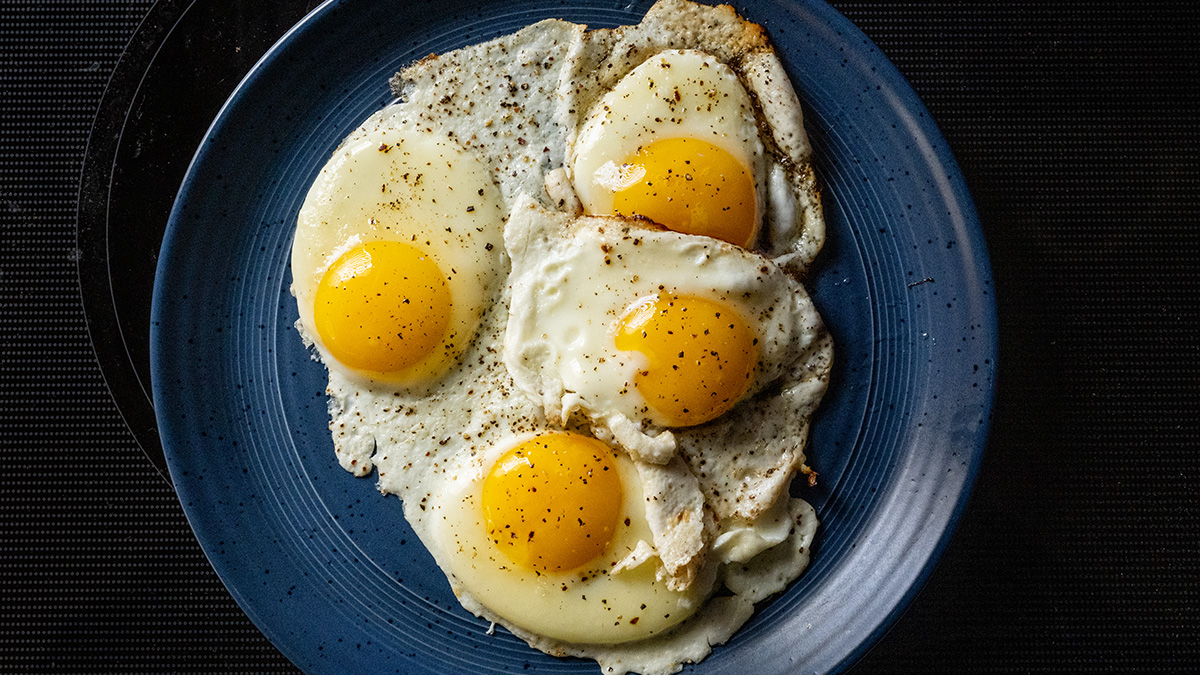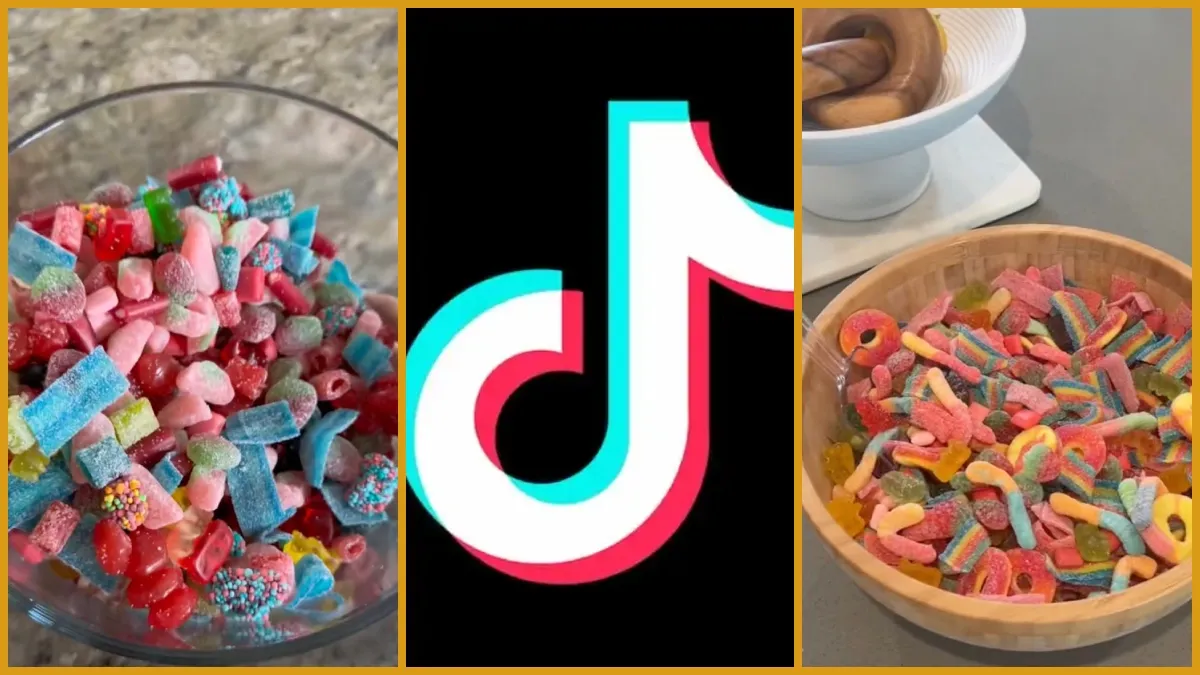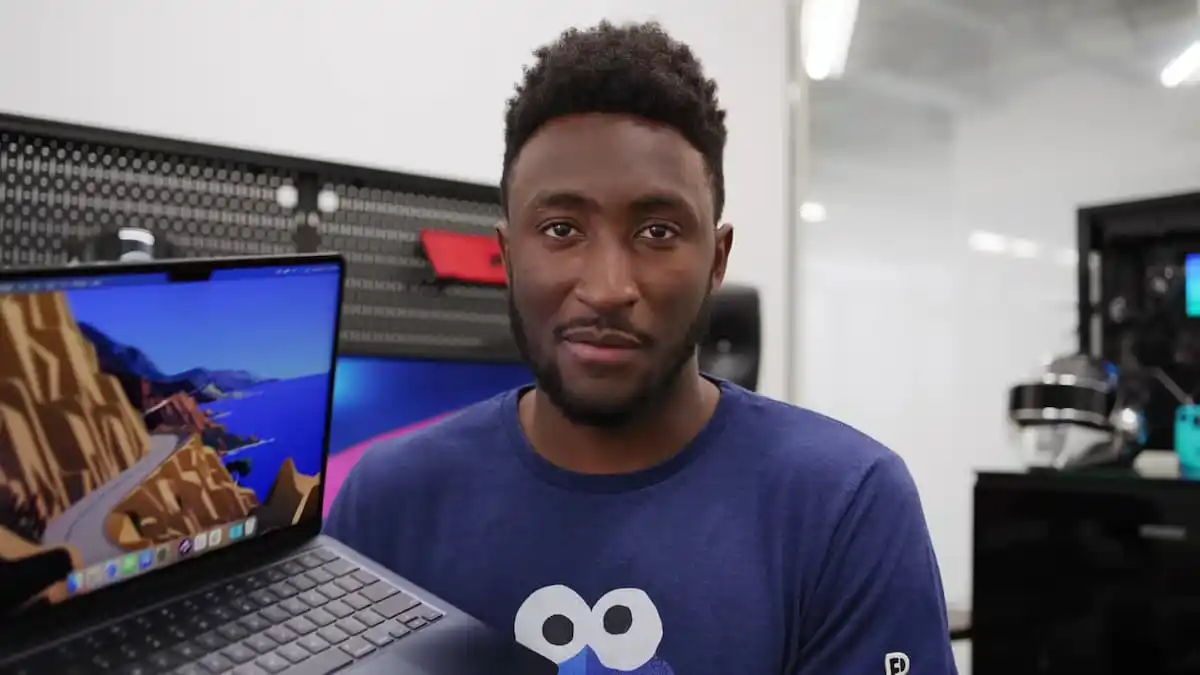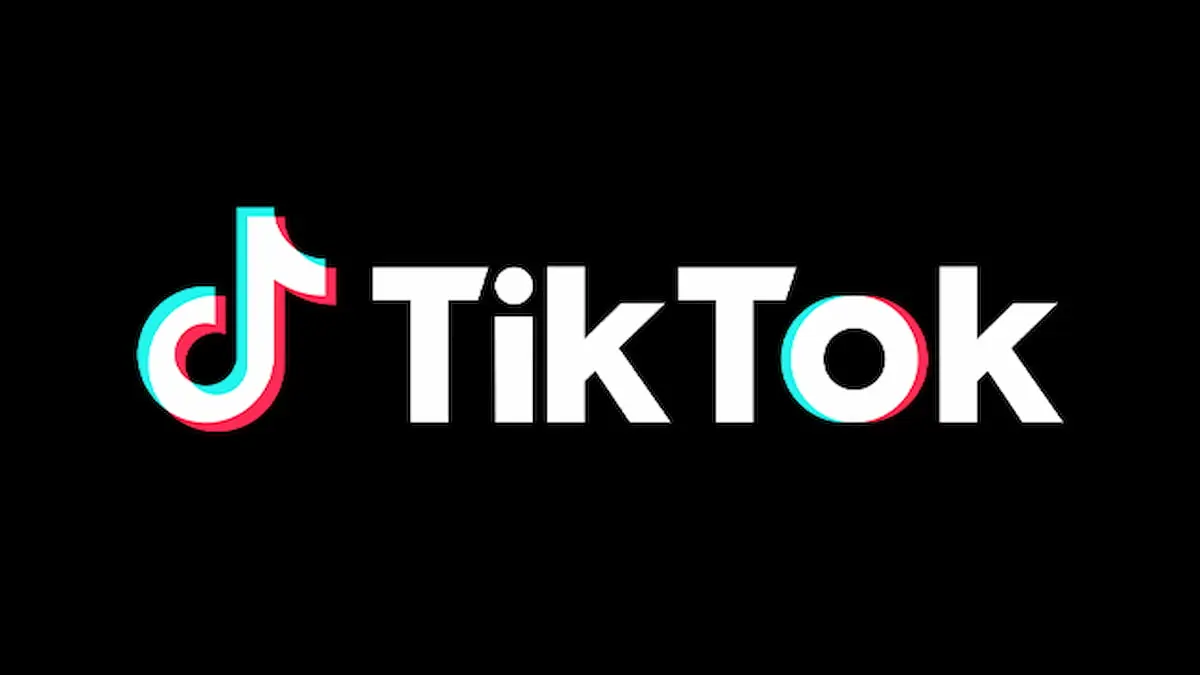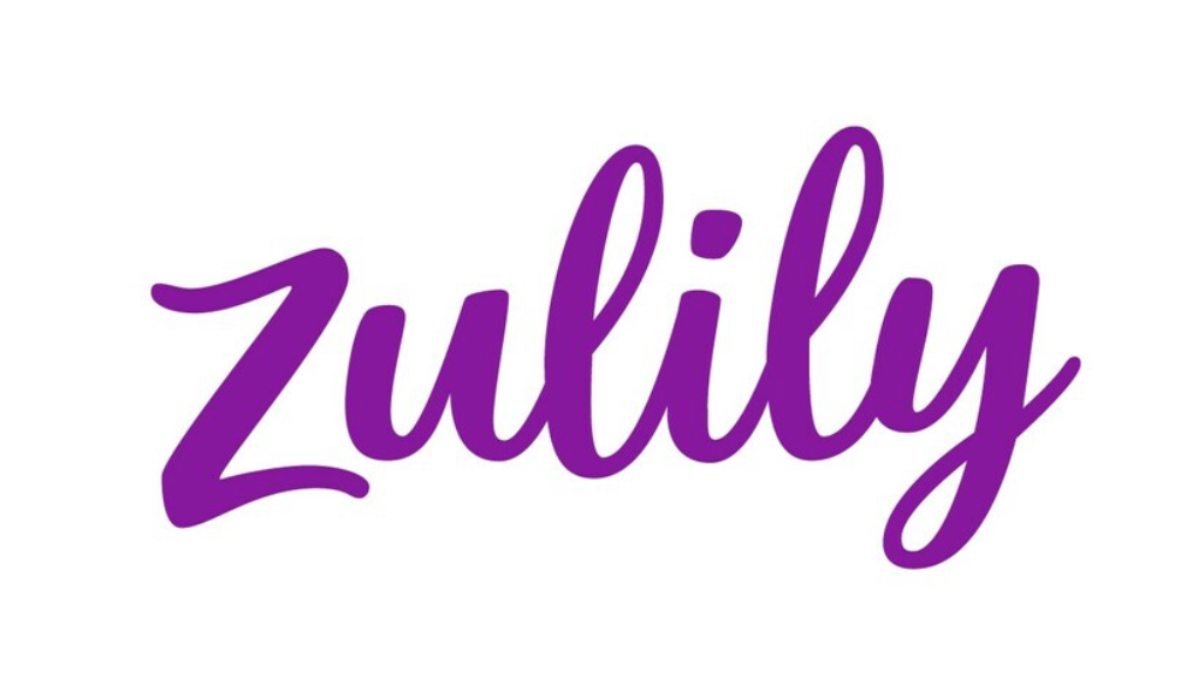If your brain is like an egg, classic anti-drug commercials would have you believe illicit substances scramble it. But what about your brain on artificial intelligence? Apparently, it melts. At least, that’s what you’d believe if you listened to the machine-generated advice floating around the internet nowadays.
You see, Google was caught promoting misinformation from an AI origin as its highlighted snippet when an intrepid X (formerly Twitter) user typed the question “can you melt eggs” into the search bar, apparently just to see what would happen. “Yes, an egg can be melted” was the response.
“[H]ope you’re all ready for the AI-dominated future,” posted Tyler Glaiel, a self-described programmer and game designer.
hope you’re all ready for the AI dominated future pic.twitter.com/v0GoAKLzY1
— Tyler Glaiel (@TylerGlaiel) September 25, 2023
Why did this happen? You see, the website Quora provides answers to user-generated questions, which Glaiel has speculated often puts them at the top of Google search results, particularly for obscure queries. The only issue? Quora has begun using AI-generated responses for its top answer. The unintended consequence of this is that one AI response indicated eggs can melt, which they can’t. And somehow this got highlighted as the top result, rather than a much more reasonable answer provided by a human just below it that said “No – if you heat an egg it’s not like melting ice (or metal).” Glaiel’s take on the whole affair is that “the internet is dying.”
this is actually hilarious. Quora SEO’d themselves to the top of every search result, and is now serving chatGPT answers on their page, so that’s propagating to the answers google gives
— Tyler Glaiel (@TylerGlaiel) September 25, 2023
the internet is dying pic.twitter.com/gcV9b36vEA
In case you thought this was all an elaborate hoax by Glaeil made using some clever use of Photoshop, it’s not. The outlet Ars Technica independently confirmed the incorrect snipped from Google reading “Yes, an egg can be melted” when it entered the same query. However, that same article has now been indexed by Google, making the snippet now read “No, eggs cannot be melted” when you search the same question, thanks to the power of journalism.
Google’s own AI-integrated tool called Search Generated Experience came up with a similarly incorrect response, saying, “Yes, you can melt an egg by heating it in a microwave or on a stove,” according to Futurism. However, that has since been corrected, the article said. Google’s SGE response now reads, “You can’t melt eggs in the traditional sense, because they are made of water, proteins, fat, and other molecules.”
For clarification, you can cook an egg such that the yoke remains runny, since it comes out of the shell in a gelatinous/liquidy form to begin with and hardens more and more the longer you cook it. However, that is not the same thing as melting something, which is a process by which something that starts off as a solid becomes liquid with the introduction of heat, such as ice cubes or a chocolate bar.

